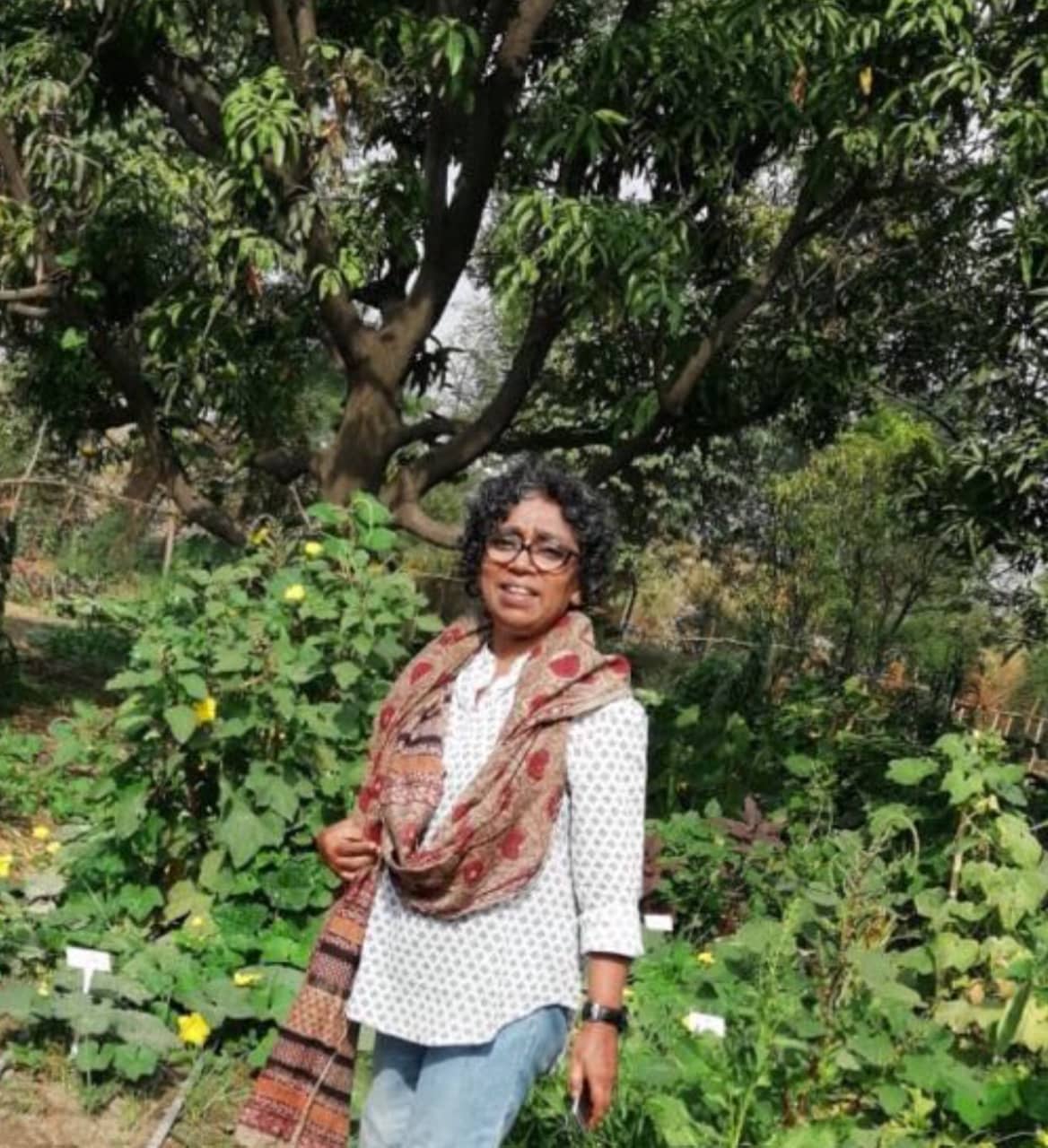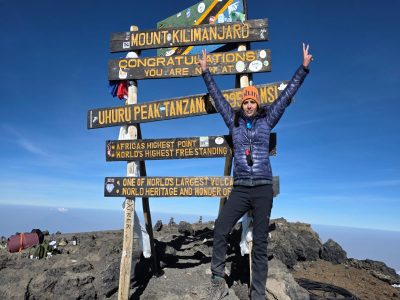For single women the pandemic was a big challenge. For man, while old doors and the rhythm of life were shut, new windows of possibilities opened up
There are women who have made the conscious decision to lead an independent life and enjoy their own company. The two waves of the pandemic have ensured that they took a break from their busy lives and spent some quality time with themselves to be able to deal with the rest of the world better.
Don’t be mistaken—they are not asocial. They are the nicest people to know, a true friend, a generous host, great company , and enjoy weekend trips. In their fifties, they can be party animals when they want to, and it happens fairly regularly.
Life’s a bundle of tradeoffs—like the security of a family or the freedom of a lone ranger. Rekha Natarajan opted for the latter. And this is not new, pandemic or no pandemic—she is used to staying alone for nearly two decades now. She has had a prolific career as a publisher, lately running an online kitchen—Beet-route—that delivers simple, delicious, and thoughtful food to your doorstep. That was before the onslaught of the second wave of the pandemic. She has stopped the kitchen, lately, had an excess of time with herself. Excess of a good thing is also bad.
Her daughter was with her, then she left for higher studies, came back again for some time, and has moved out. “I’m not a social person, I was fairly content in my space,” she reflects. But then things started to change during long spells of the pandemic, affecting life, people called it the new normal, and it started to take its toll.
Company of self is welcome when it’s not forced by circumstances beyond control. “When the world was interacting—I needed space,” Rekha puts it poetically. The world is not interacting, and she has her space protected, she has a need to interact. Or miss not interacting, or miss the society not allowing her to crave quality time with herself by indulging in its usual hustle-bustle at a frantic pace. She draws the distinction between physically socializing and being in the sociable world. In the latter case, ‘individualistic travelling’ was possible. She misses not travelling.
Not much was happening here in Delhi, so she went to Kerala in April to be with her parents. This was the first time she stayed with them for more than a week at a go in decades. “It was wonderful to be with them for a month and a half. When I was living there I was a child, my parents were taking care of me—rules have reversed. I have to be with them every minute of the day,” she says. Perhaps, in her case, more than the self, the pandemic has facilitated revitalizing old ties with her roots, parents, and formative years.
Kiran Bhushi is a professor in Indira Gandhi Open University stays alone in a big flat in Asiad Village. She has friends from all over the world visiting—that stopped during the pandemic in the last year or so. Her fame of being a generous host who pampers guests with divine food is widespread. She, her plants, cats, house in the hills, work, and odd projects keep her more than busy.

She couldn’t function much during the second wave of the pandemic as it was a crisis. And she didn’t remain unaffected with people dying in dozens across the city every day, on the streets during those peak pandemic weeks. “It was carnage all around, ravaging the city. I was numb. I couldn’t work. And the work piled up,” she says. And now when things are limping back to normalcy, she has a huge backlog. “I’m trying to string it together—I don’t have the luxury of remunerating inner dialogue.”
The university is open—she’s required at work. “There are these small windows to enjoy.” Within a week of the easing of restrictions, her 70 years old friend, Sunila, who also stays alone in her cozy flat, invited some like-minded friends. Kiran joined other friends for a different rendezvous, “till we can,” she adds. Kiran is working on her pet project to have an art space in the hills where the skilled can come and work to hone their talent. Money is an issue, but not a debilitating one for the committed Kiran.
On the contrary, Roli, 59, a corporate consultant, needs to find innovative ways to distract herself. “There’s too much of me. I need distraction.” She has friends with benefits and some very close girlfriends. “We all need others to make us feel good about ourselves,” she thinks aloud. And then it becomes a habit, to seek others’ help in the evasive pursuit of happiness. But she was forced to stay away from friends, and she realized, within a few weeks, “what I missed was not a set of people I like to hang out with. But my habitual life. I now know for sure: no one is indispensable. And that’s a valuable lesson.”
Roli explains that she can put things in perspective, and can analyze her own actions as a witness. “We are victims of our habits. And this phase has helped me come out of the tight clutches of my habitual way of life and not feel incomplete.” She enjoys innocuous activities like embroidery, knitting and even stitching. “I thought these activities were so boring. Now I think it’s meditative. I’m thoughtless, yet aware when I indulge in it—sometimes for three hours non-stop,” she says.
While old doors may have shut, thanks to protracted periods of the pandemic, new windows of possibilities have opened up.





